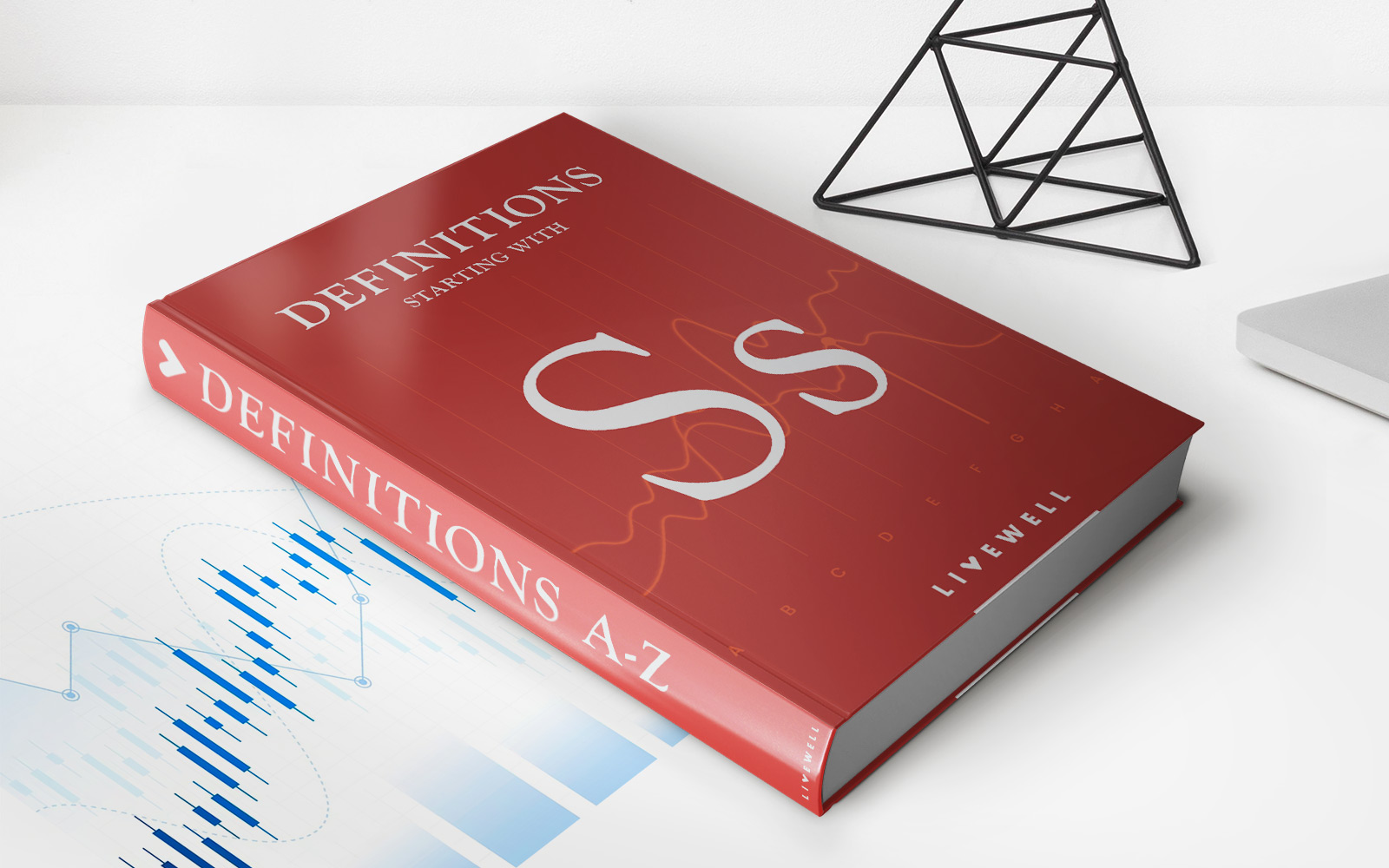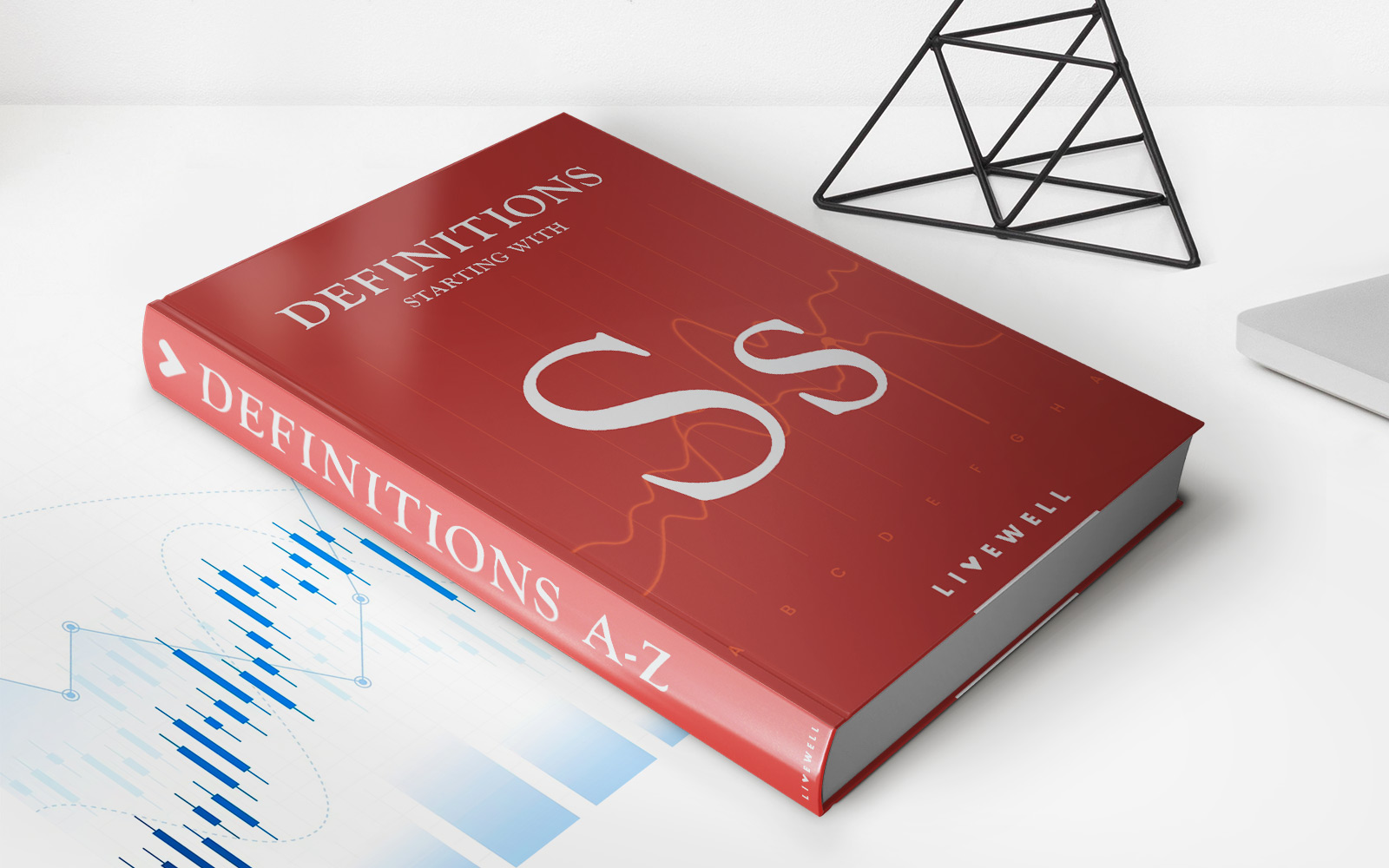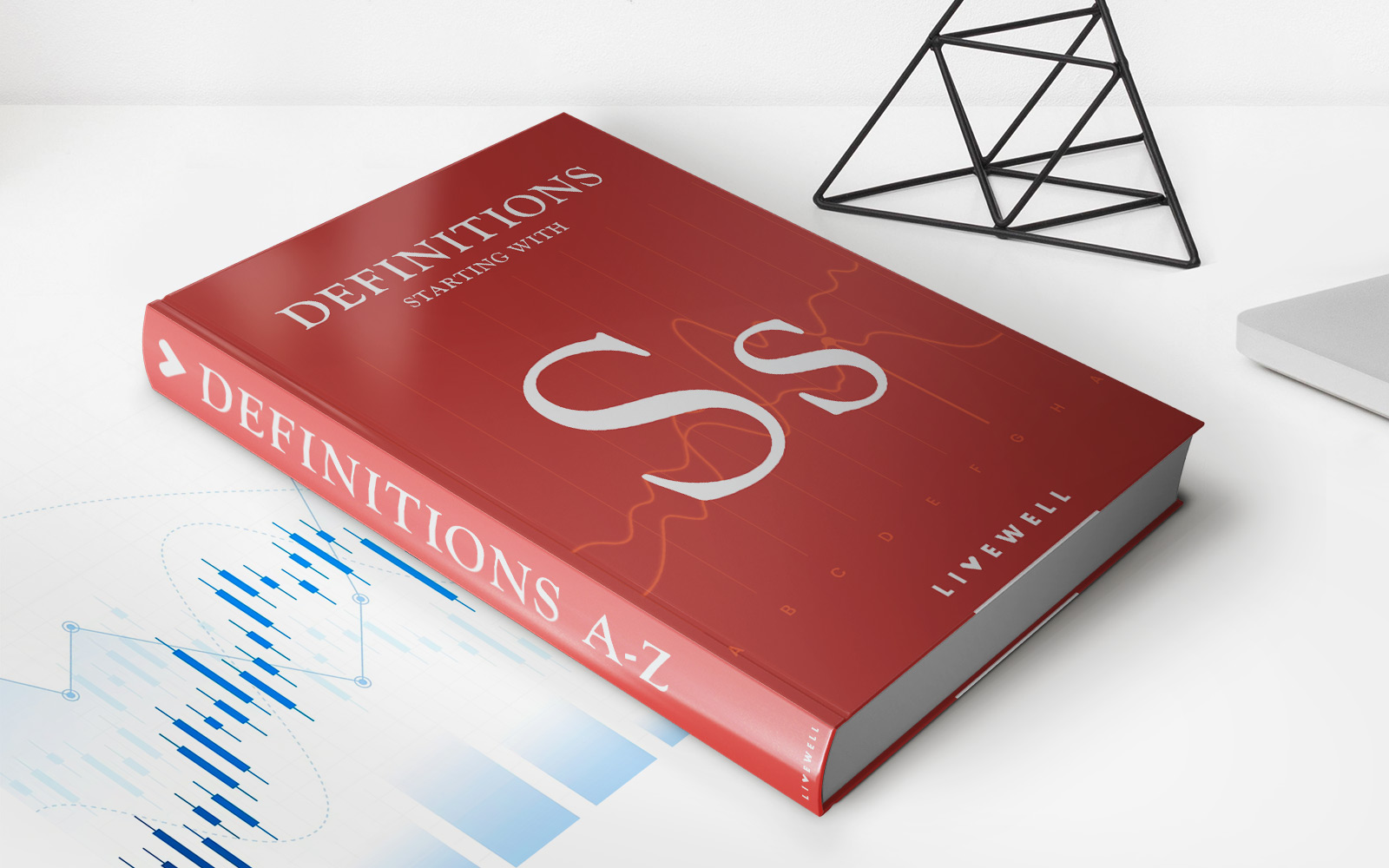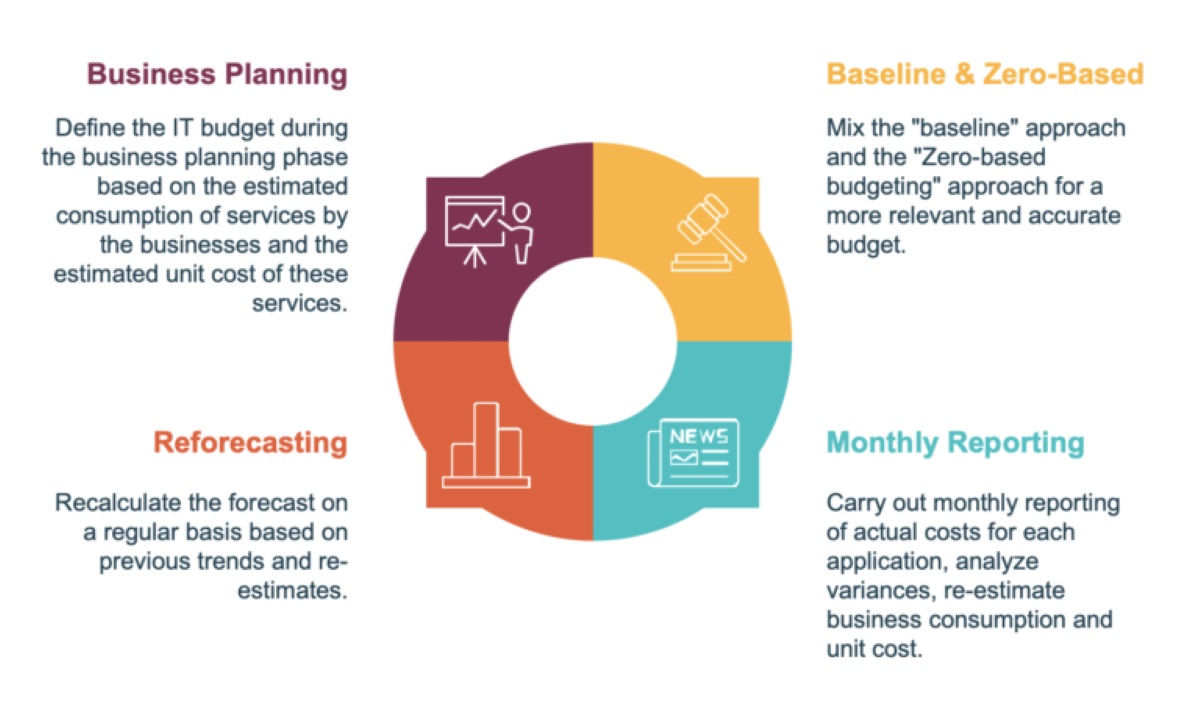Home>Finance>Static Budget Definition, Limitations, Vs. A Flexible Budget


Finance
Static Budget Definition, Limitations, Vs. A Flexible Budget
Published: February 2, 2024
Learn the definition and limitations of a static budget compared to a flexible budget in finance. Master budgeting techniques for effective financial planning.
(Many of the links in this article redirect to a specific reviewed product. Your purchase of these products through affiliate links helps to generate commission for LiveWell, at no extra cost. Learn more)
Mastering Finance: Understanding Static and Flexible Budgets
When it comes to managing your personal or business finances, having a solid budget in place is essential. But did you know that not all budgets are created equal? In this article, we’ll explore the differences between static and flexible budgets, and delve into their definitions, limitations, and benefits.
Key Takeaways:
- Static budgets are prepared based on a fixed set of assumptions and do not adjust for changes in activity levels.
- Flexible budgets are more adaptable and allow for adjustments based on variations in activity levels.
Understanding Static Budgets
A static budget, also known as a fixed budget, is a financial plan that remains unchanged regardless of actual activity levels. It is typically prepared in advance, based on a set of fixed assumptions such as sales forecasts, production levels, and expenses.
Static budgets offer stability and predictability, which can be advantageous for certain financial planning purposes. However, they come with several limitations:
- Lack of Flexibility: Static budgets do not account for variations in activity levels. If actual performance deviates from the budgeted assumptions, the static budget may become obsolete.
- Inaccurate Forecasts: Since static budgets are based on assumptions made in advance, they may not accurately predict the actual financial results. Market conditions, consumer behavior, or industry changes can all impact the accuracy of the budget.
- Missed Opportunities: Static budgets may prevent organizations from seizing potential opportunities or efficiently allocating resources. If unexpected opportunities arise, organizations may be limited by rigid budgetary constraints.
The Versatility of Flexible Budgets
In contrast to static budgets, flexible budgets offer more adaptability and responsiveness to changes in activity levels. They are designed to cater to different levels of operations and production, reflecting a more realistic representation of actual performance under varying circumstances.
Here are a few benefits of utilizing flexible budgets:
- Accurate Tracking: By adjusting budgeted figures based on the actual activity levels, flexible budgets provide a clearer picture of financial performance. This enables better control and evaluation of variances, helping to identify areas for improvement.
- Improved Decision Making: With the ability to consider various scenarios and activity levels, flexible budgets empower managers to make informed decisions. They can assess the financial impact of different choices and allocate resources more effectively.
- Adaptability to Change: Flexible budgets increase an organization’s ability to respond to unforeseen circumstances, such as changes in market conditions or unexpected cost fluctuations. This adaptability allows for greater financial resilience and agility in a dynamic business environment.
It’s worth noting that while flexible budgets offer significant advantages, they require careful monitoring and adjustments based on actual performance. Regular evaluation and analysis are crucial to ensuring the budget remains aligned with changing circumstances.
The Bottom Line
When it comes to budgeting, determining whether a static or flexible budget is right for you depends on the specific needs and nature of your personal or business finances. While static budgets offer stability, they may limit adaptability and hinder decision-making. On the other hand, flexible budgets provide greater accuracy and allow for responsive financial management.
To make an informed decision about which budgeting approach to adopt, consider factors such as the predictability of your industry, the level of market volatility you face, and your appetite for risk. Remember, the ultimate goal of any budget is to help you achieve financial success by ensuring your resources are effectively allocated and controlled.
So, whether you choose a static or flexible budget, keeping a watchful eye on your financial management will always be a wise choice.
Do you have any tips or experiences to share about static or flexible budgets? Let us know in the comments below!














